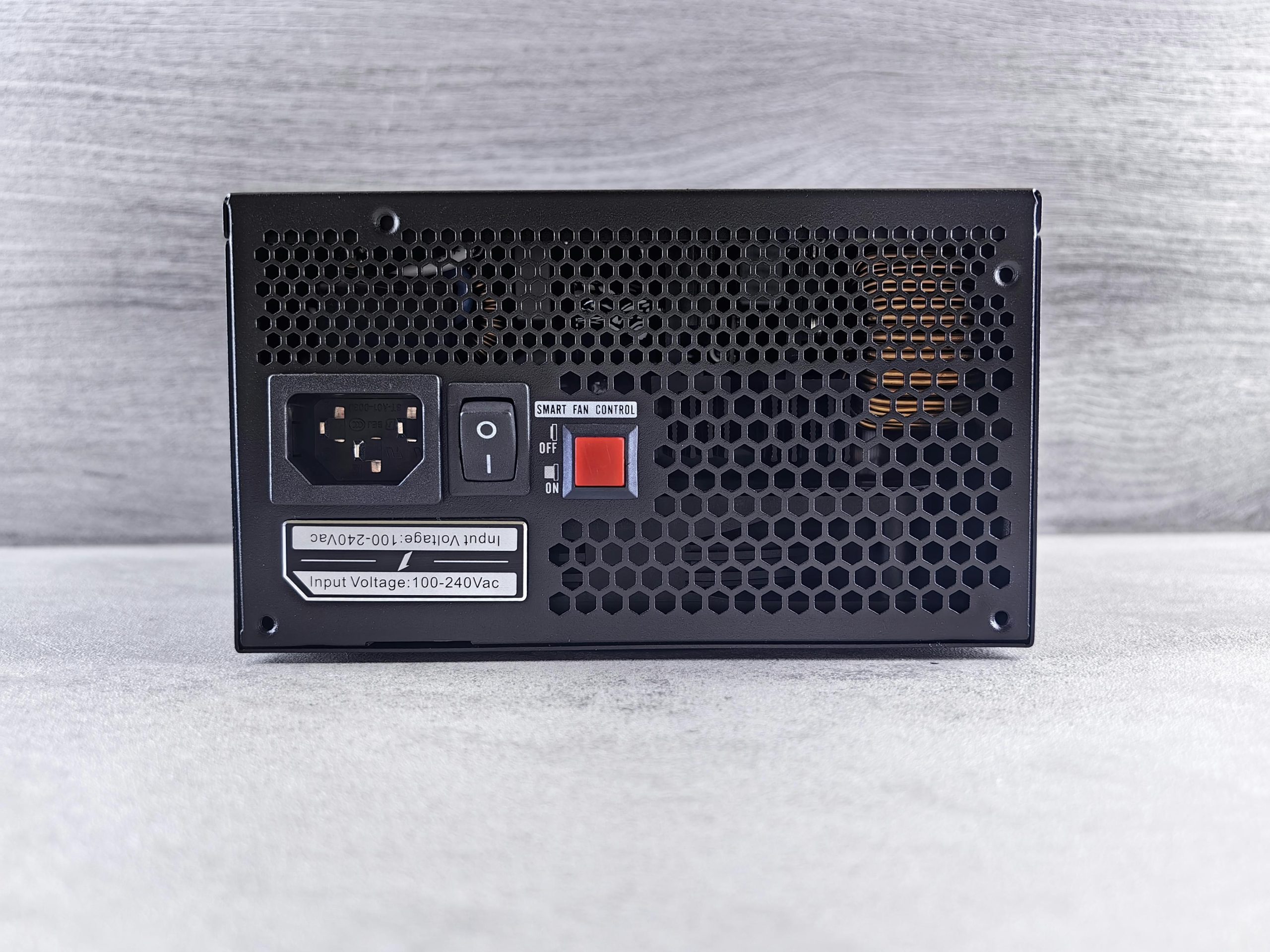Dealing with Ceiling Leaks in Student Apartments: Navigating Recovery and Compensation
Living in a student apartment comes with its own set of challenges, especially when unexpected issues like leaks occur. Recently, I faced a ceiling leak in my apartment located in Atlanta, where I am currently interning. As soon as I noticed the leak, I promptly informed management to address the situation. The past week has been marked by intense storms, which likely contributed to the problem, and unfortunately, the leak resulted in water damage over part of my room and my belongings.
Initially, both the management team and I underestimated the severity of the leak. I had placed an iPad and some other valuables near my desk to catch any minor drips, but the situation quickly escalated, and these items suffered water damage overnight. I reached out to management to request reimbursement for my damaged property, but their response was that they saw no obligation to cover such personal items. They suggested I file a claim through my personal renter’s insurance if I wanted repairs, which I find perplexing.
From my perspective, I believe that the apartment management bears responsibility for the damages caused by their maintenance oversight. Filing a claim with my renter’s insurance seems unnecessary for minor damages, especially considering the potential impact on my record and the deductible costs involved.
If you find yourself in a similar situation, it’s essential to understand your rights as a tenant and the best course of action. First, document the damage thoroughly with photos and written communication. Next, review your lease agreement and local tenant laws to determine who is liable for such repairs and damages. Often, the landlord or management company has a duty to maintain the property in a habitable condition, which includes addressing leaks promptly.
While contacting management should be your first step, if they deny responsibility or refuse reimbursement, consulting with a tenant rights organization or legal advisor may be necessary. Keep records of all interactions and damages, as this information can support your case should legal action or formal complaints become necessary.
In summary, dealing with leaks and water damage involves understanding your rights, documenting damages diligently, and engaging with management professionally. It’s important to determine who bears the responsibility for repairs and damages, and to approach the situation accordingly—whether through direct management communication or legal channels.



